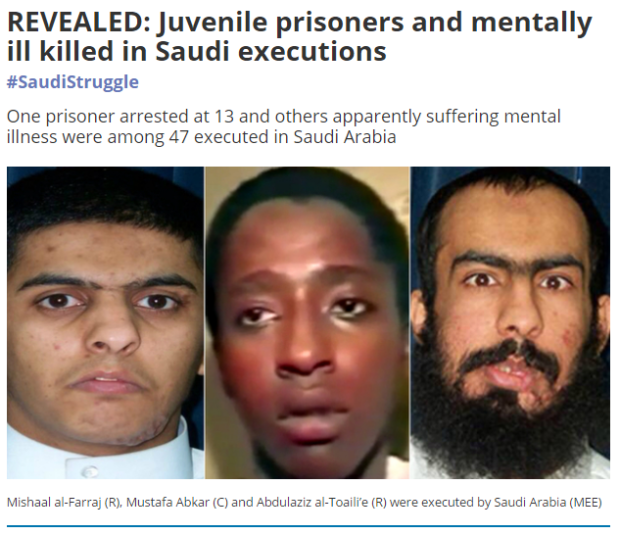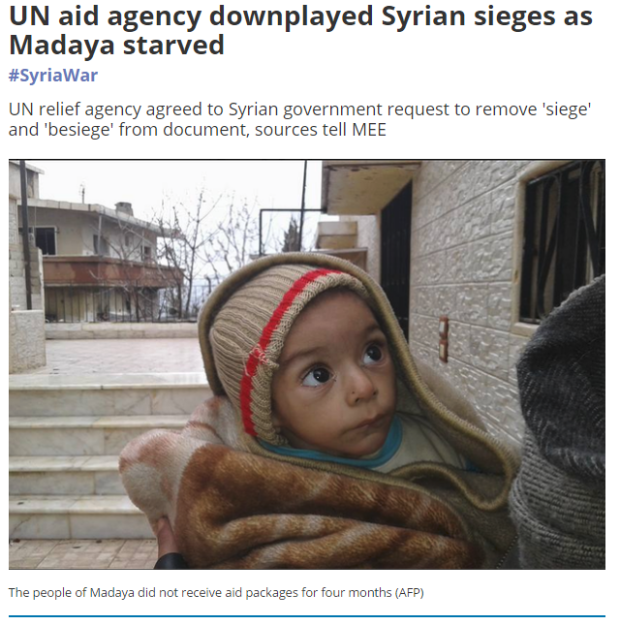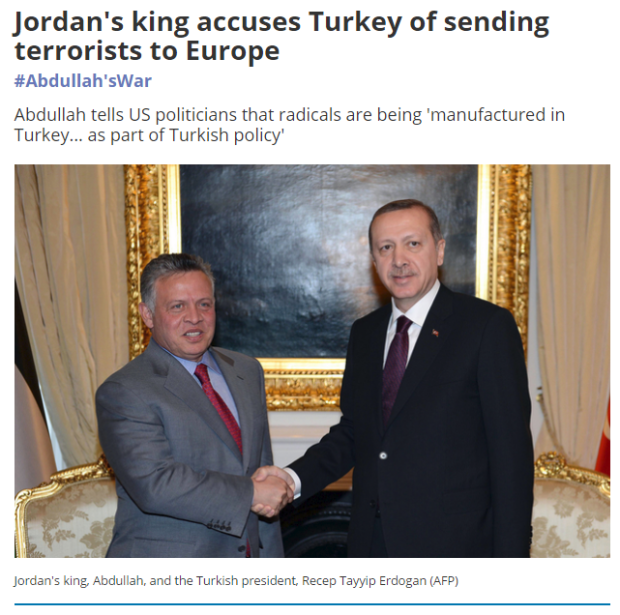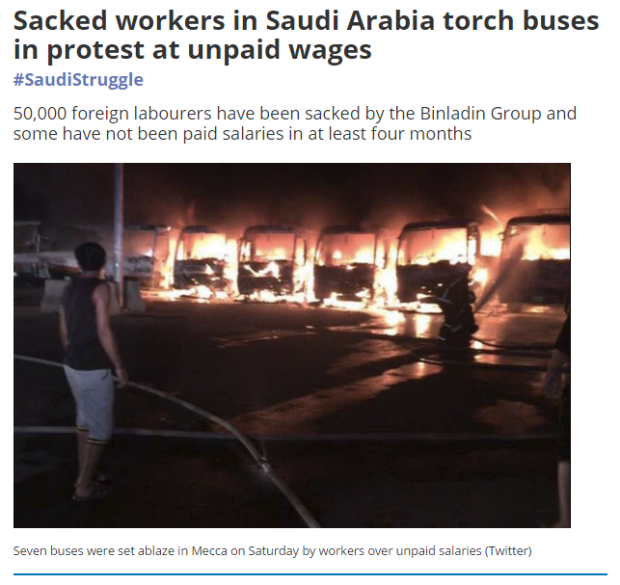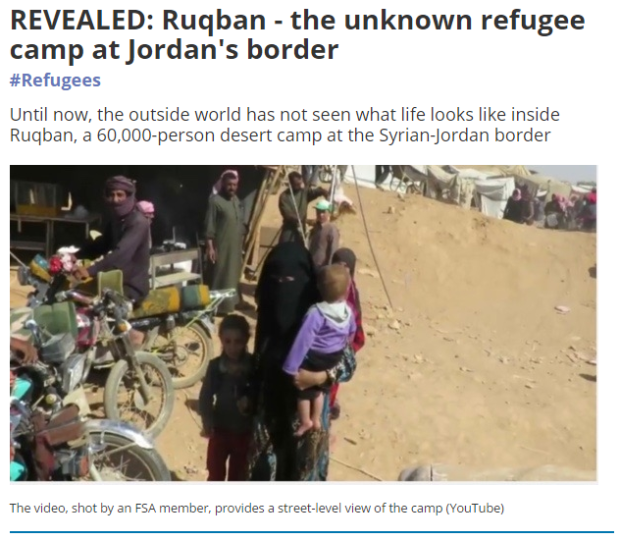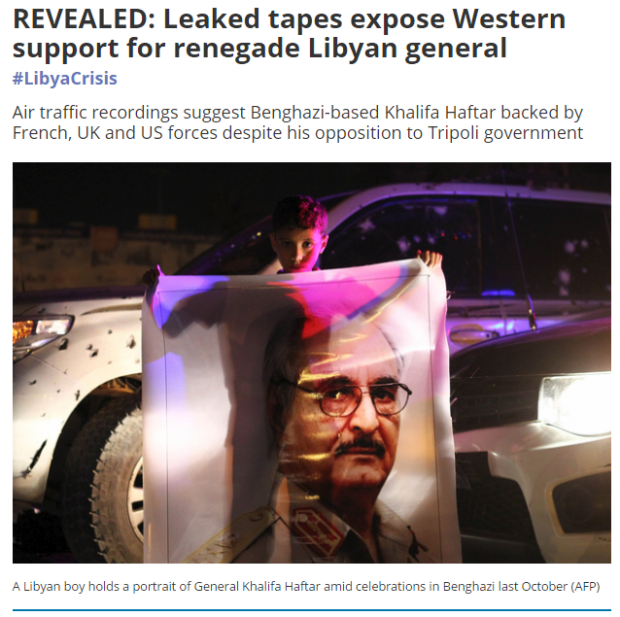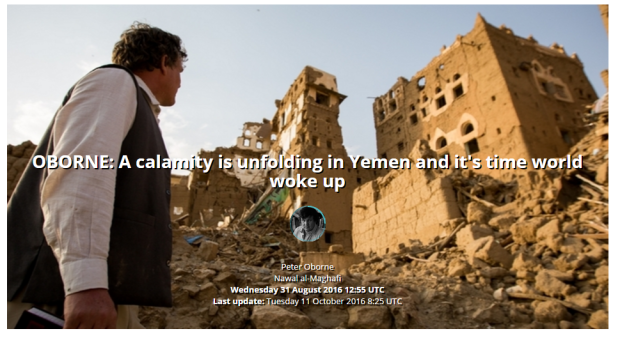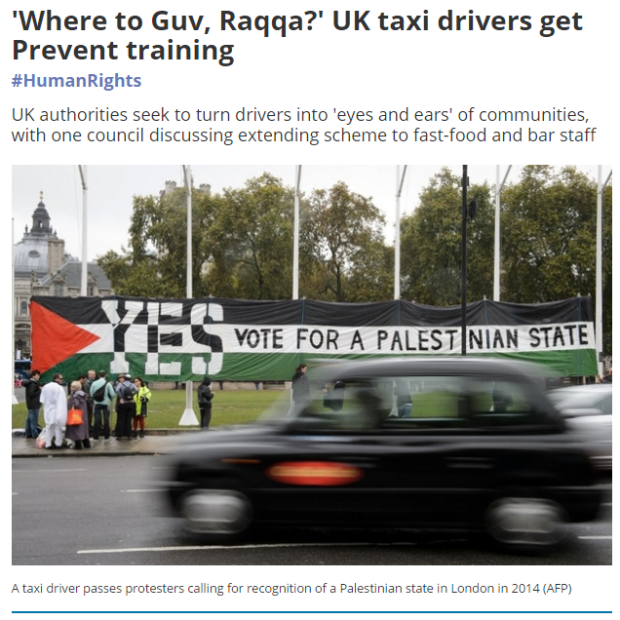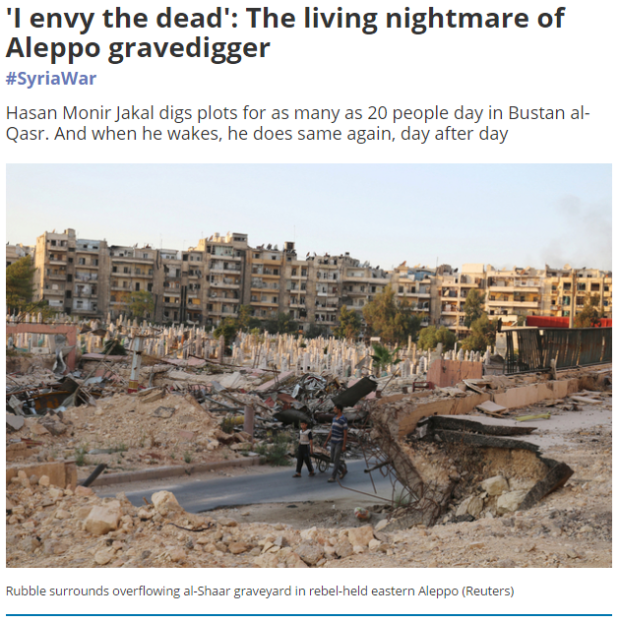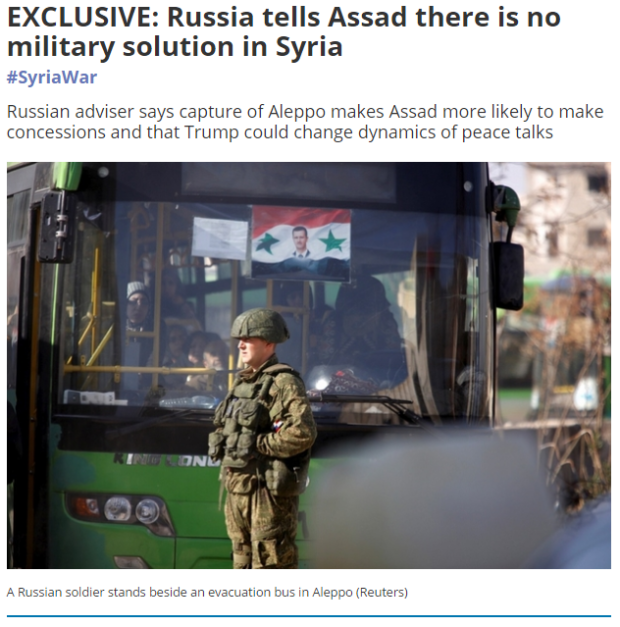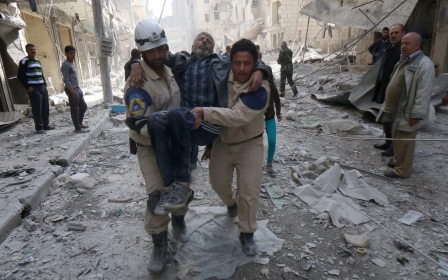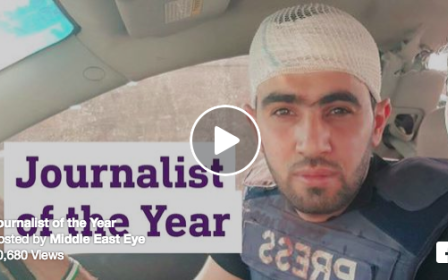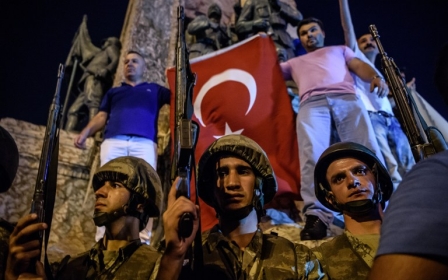MEE stories that shaped this year's news
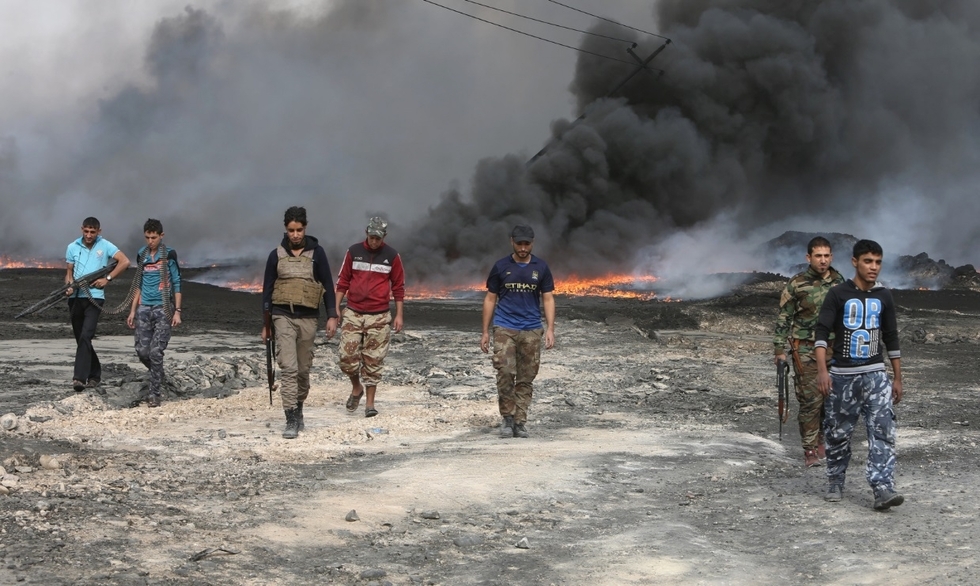
It has been a year defined by the carnage in Syria, nuclear deals, coups in Turkey, the flood of refugees and migrants into Europe, desperation in Yemen and political earthquakes on both sides of the Atlantic.
Middle East Eye looks at some of its most important original reporting of 2016. Click on the headlines to read the full stories.
On 2 January, Saudi Arabia sparked anger across the region by executing dozens of prisoners, including the Shia preacher Nimr al-Nimr, the spiritual leader of the country's Shia Islamic minority.
What it did not tell the world were the stories of the 46 other people executed, other than that they were "terrorists". Among them were juveniles, the mentally ill and others whom rights agencies said were beaten into their confessions.
Middle East Eye revealed that one of those executed was Mustafa Abkar from Chad, who was 13 when security forces arrested him in Mecca in 2003. A guard who witnessed several of the executions said the day turned into a "massacre" as prisoner after prisoner was led out and then beheaded.
President Bashar al-Assad used months of siege tactics to grind down rebels in Aleppo before their final capitulation. It was a tactic that has proved successful in other areas of the country at the cost of scores of lives and untold suffering.
These effects were played down by the UN aid agency, the Office for the Coordination of Humanitarian Affairs, which edited out the words "siege" and "besieged" when reporting on areas including Madaya, the Yarmouk refugee camp near Damascus, and Muadimiyah.
Aid agencies said the changes were made under pressure from the Syria government, and in January Middle East Eye exposed the true scale of siege warfare in the Syrian conflict.
Jordan's King Abdullah visited the US in January for a series of meetings with officials and politicians. Middle East Eye obtained information on a closed meeting he had with members of Congress - and the results were explosive.
In one of a series of articles in March, MEE's news team revealed that Abdullah accused Turkey of sending terrorists to Europe. The king said Europe’s biggest refugee crisis was not an accident and neither was the presence of terrorists among them: "The fact that terrorists are going to Europe is part of Turkish policy and Turkey keeps on getting a slap on the hand, but they are let off the hook."
The comments provoked a series of claims and counter claims. Jordan denied the words had ever been uttered.
The king told the congressional members that fighters trained by Jordan and international powers, including the UK, were operating in Syria - and had performed operations to retake southern areas from the Islamic State group. Men with "some balls" were needed to fight the group, he said. Jordan again denied the story.
Abdullah also revealed that Jordan was also operating in conjunction with British SAS forces inside Libya - the first official confirmation of British involvement in the ground war in Libya. It was a story that Middle East Eye continued to pursue through the year.
You can read all the revelations by searching the hashtag #Abdullah'sWar on the MEE website.
In May, the economic crisis in Saudi Arabia began to bite. It had posted its worst budget deficit in history and began emergency measures aimed at halting the money haemorrhage.
Most affected, inevitably, were those at the bottom rungs of Saudi society - including tens of thousands of expatriate workers who had not been paid for months. The reaction was violent. In a series of articles, Middle East Eye reported on the dire conditions and injustice many low-paid workers faced - no pay, and no way to get back to their home countries.
Strikes broke out - almost unheard of in a country that does not recognise unions. Some workers reported not being paid for 19 months. Offers were made to let starving workers leave the country on the condition that they accept a $1 settlement. Many refused.
Saudi Arabia's King Salman in December admitted economic reforms had been "painful" but were necessary. The reforms continue, as does the workers' pain.
For months, aid agencies had warned of a humanitarian crisis in the "temporary" Syrian refugee camp of Ruqban, in the demilitarised zone between their country and Jordan. Middle East Eye gained exclusive video from inside the camp.
The seven-minute video provides compelling evidence that the ad-hoc encampment is no temporary outpost, but an entrenched settlement for 60,000 growing more permanent by the day
Jordanian authorities said they feared Islamic State militants were among those on its border, and aid workers said conditions were appalling - yet both were powerless to stop its growth.
Libya in 2016 was given a new UN-backed "unity government" that was supposed to create stability in a country ravaged by years of war and unite two opposing administrations in Tobruk and Tripoli. The Government of National Accord (GNA) held its first meeting on 6 January, and set up headquarters in the capital in March.
However, despite support for the GNA from the US, Britain and other Western powers, Middle East Eye revealed in July that those same powers were secretly aiding one of its principal foes - Khalifa Haftar, the renegade commander of rebel forces which oppose the GNA, was receiving military support from British, American, French, and Gulf states in Benghazi.
A series of leaked recordings of in-flight conversations showed the UK was flying aircraft to Benina base outside of Benghazi, where a coalition of nations was aiding Haftar's battle against militants in the city. The leaked tapes featured pilots and air traffic controllers speaking in Arabic and English. British, American, French, and Italian accents can be heard.
Mattia Toaldo, a senior policy fellow at the European Council on Foreign Relations, said that France, one of the main foreign powers with interests in Libya, would need to "explain why it’s supporting the unity government with a lot of diplomatic effort, while its military forces are supporting the rival of that government".
Yemen's war has been overshadowed by events in Syria, but its effect on the country's people cannot be overstated. Millions are on the brink of famine, the economy has tanked, and thousands have died in the conflict between the Houthis and troops fighting for the exiled government of Abd Rabbuh Mansour Hadi, with accusations of war crimes on both sides.
The UK has been accused of aiding Saudi Arabia - British soldiers have supported Saudi operations in Yemen, the government has sold billions of dollars of weapons to Riyadh, and late in the year Saudi Arabia admitted it had used UK-made cluster bombs in the conflict.
Peter Oborne spent several weeks in the country in July and August to document the effects of the war on civilians. The results can be seen in his video reports and dispatches from Houthi-controlled Sanaa and Sadaa.
The British government's answer to checking radicalisation and violent religious dogma has suffered a year of criticism and policy revisions, with reports of children being referred by teachers for drawing a picture of a salad, and a special "terrorism edition" of the popular children's game "Guess Who?".
Another tactic, revealed by Middle East Eye in September, was to train taxi drivers as the "eyes and ears" of police and prevent terrorist attacks.
Middle East Eye cannot confirm how many tip-offs to police have begun with the words, "Guess who I had in the back of the cab?"
The story broke a month after police posted doctored pictures of Taylor Swift and Tom Hiddleston frolicking in the sea that suggested the British actor supported the UK government's counter-extremism strategy.
The police later apologised.
East Aleppo's siege and destruction by pro-Assad and Russian forces has been described as a "new Srebrenica," a "new Grozny," and the worst humanitarian crisis of the year.
Thousands of people were killed as the government stepped up its air attacks in October, and those surviving were left to struggle on under relentless bombardment.
One of those was Hasan Monir Jakal, a gravedigger who buried up to 20 people a day in Bustan al-Qasr. His comments portrayed a man utterly defeated but refusing to give up.
"The living are one step, one moment, from the end. I don't think dying is a bad thing anymore, not here. I'd rather be buried than see this. I have started to envy the dead; they have found some rest, unlike us."
As the Aleppo siege turned into a rebel rout, Middle East Eye spoke to an adviser to Russia's UN ambassador. The answer to Syria's war, he said, was less of the same.
Vitaly Naumkin, the president of the Moscow-based Institute of Oriental Studies, said President Bashar al-Assad "understands that without some reforms and without some change, he cannot succeed in establishing control over the whole country and hold it and neutralise the opposition.
"So he has to make concessions. Russia is telling him that there is no military solution."
Next year, the world shall see if he is right.
Middle East Eye propose une couverture et une analyse indépendantes et incomparables du Moyen-Orient, de l’Afrique du Nord et d’autres régions du monde. Pour en savoir plus sur la reprise de ce contenu et les frais qui s’appliquent, veuillez remplir ce formulaire [en anglais]. Pour en savoir plus sur MEE, cliquez ici [en anglais].


